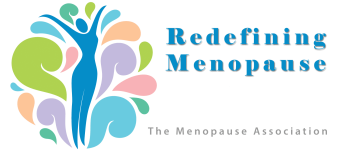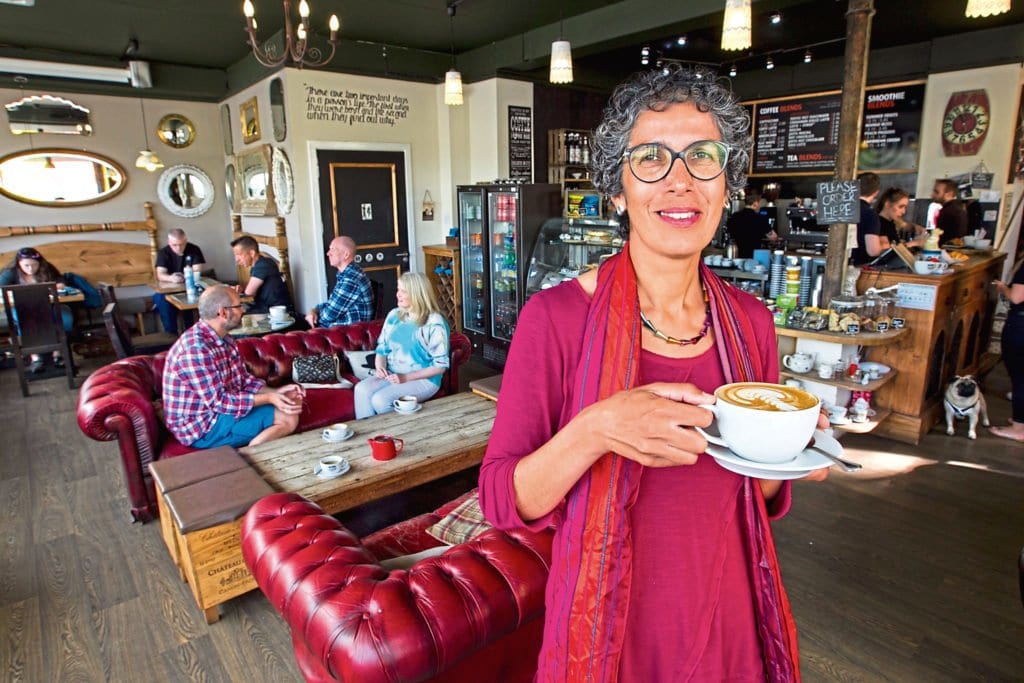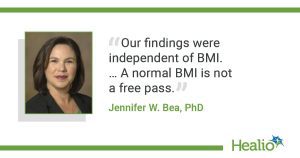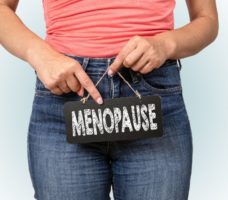JUST over a year ago, Rachel Weiss opened her first menopause cafe.
Outside the venue in Perth, she saw a woman looking a bit lost and asked if she was looking for it. “Yes, I am,” she said. “But I couldn’t ask for it downstairs… I couldn’t say that word.”
That moment alone convinced Rachel that there must surely be a need for the event she was running. Even in 2018, some people – both men and women – find it hard to say the word menopause, never mind discuss it openly.
Still, it didn’t stop Rachel from wondering if that first cafe would actually be a success.
“I and the other organisers sat there wondering if anyone else would actually turn up,” she remembers.
“In the end there were 28 people there. And we quickly realised we needed a guide so anyone could run a menopause cafe.”
Since those modest beginnings, menopause cafes have sprung up far and wide, giving women a chance to talk about their own experience and share a chat, advice and, hopefully, a few laughs.
The first Welsh menopause cafe was last weekend. There’s one coming up in Northern Ireland. And they’ve been held all over Scotland and England. There’s been one in Toronto, and there’s been interest from Japan.
Menopause Cafe is now a registered Scottish charity, with Kirsty Wark as its patron. Rachel has given up a part-time job so she can devote more time to organising.
She hopes it won’t always be that way.
“Ideally, in 10 or 15 years, there will be no need for us,” she says.
“Because then hopefully people will be talking about the menopause openly and there will be more understanding around it.”
Until then, though, there is work to be done.
The woman at the first menopause cafe who couldn’t even bring herself to ask about where it was is certainly not alone. It’s one of the last taboos. Rachel is keen to see more openness around the whole subject. And she really hopes that the workplace is one of the areas that will become more clued up about the menopause.
“The first thing is women need to feel OK telling their manager they’re going through the menopause – even if the manager is a young bloke in his 20s,” she says.
“There’s a famous case where a woman told her manager she was menopausal and was having headaches. He didn’t follow it up. It ended up in court and the judge said he’d taken his wife’s menopause as a blueprint. She’d sailed through it so he assumed everyone else would.”
Stories like that make Rachel thrilled that some workplaces have held menopause cafes. SSE and the University of Leicester have both signed up for them.
“Let’s not forget there are more older working women in the workplace than ever. They’re a good part of the workforce, with experience and wisdom. Why wouldn’t you want to keep them?”
Rachel, 52, is keen to stress that menopause cafes aren’t just for women “of a certain age”.
“What I particularly love is that we get people of all ages there,” she says. “We’ve had women in their 70s come along.
“That’s brilliant. They’ve got lots of experience to share and they are there to say it’s fine, you’ll get through it. We often ignore older women in society, and we shouldn’t – it’s great we can give them their place. But we’ve had people in their 20s turn up too.”
There’s no set agenda with the menopause cafe. It isn’t a “talk”. It’s women – and sometimes men – sharing their experiences. That’s deliberate.
“That’s empowering for women,” Rachel says.
This content was originally published here.








